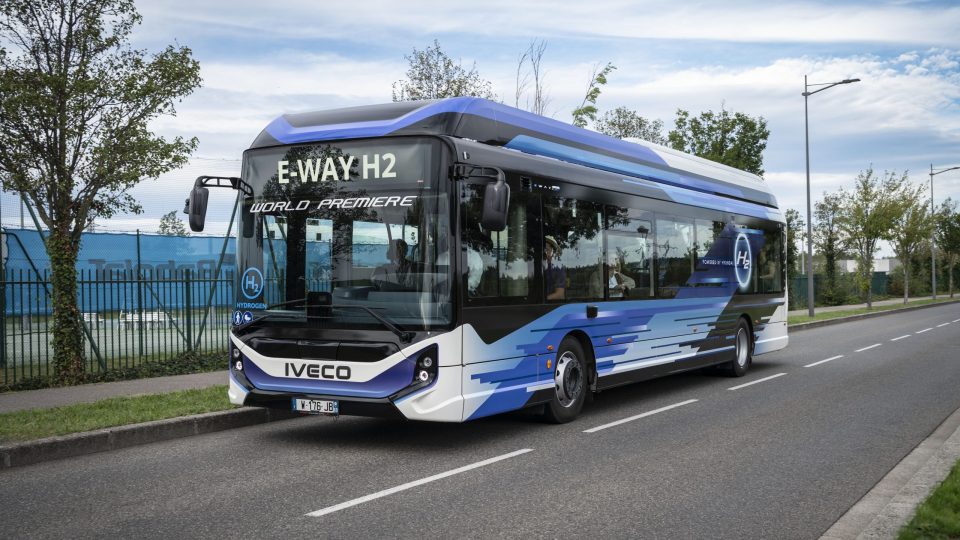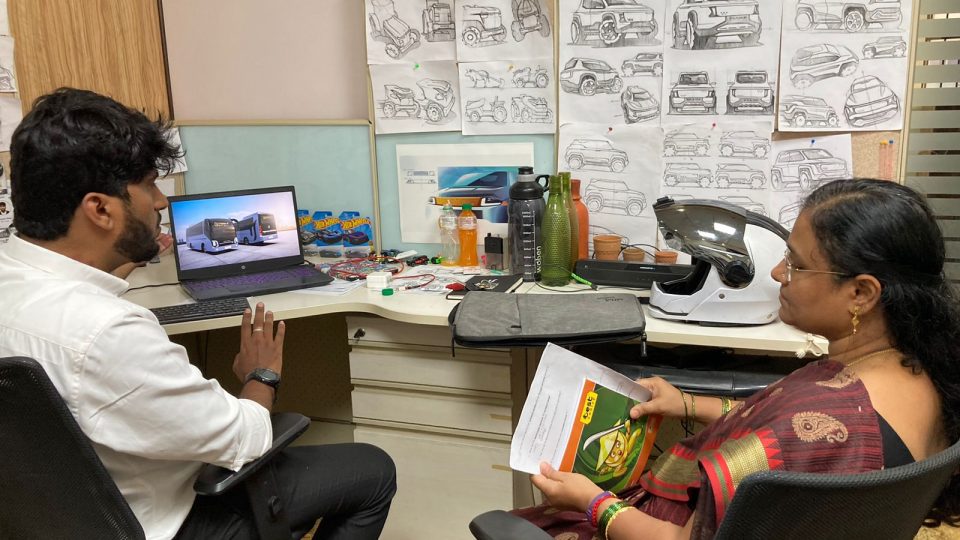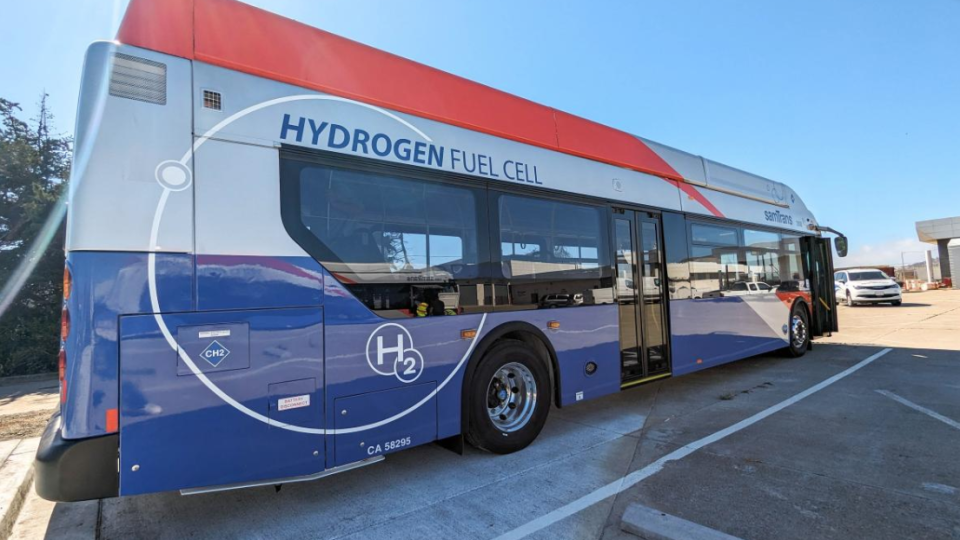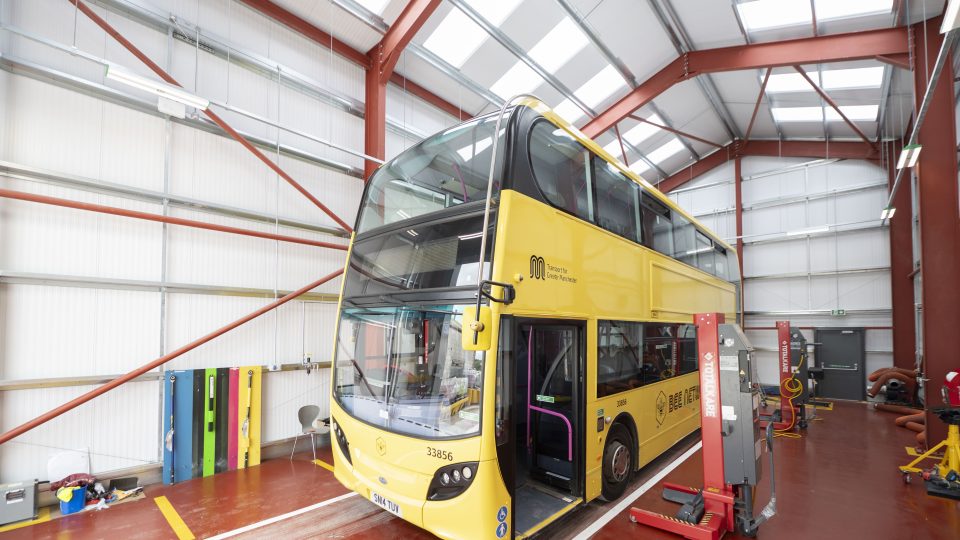Coronavirus and energy transition in public transport. Will e-bus projects pay the crisis’ price?
The Coronavirus outbreak is having a massive impact on public transport systems. Users have plummeted, and so are ticket revenues. And public transport will have to cope over a long period of time with a decrease in passenger capacity due to social distancing measures, and users disaffection due to fears of contagion. In short, the […]
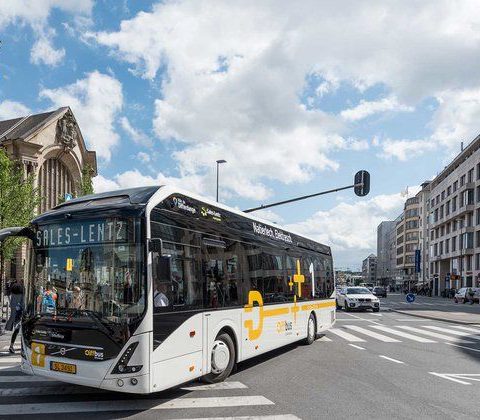
The Coronavirus outbreak is having a massive impact on public transport systems. Users have plummeted, and so are ticket revenues. And public transport will have to cope over a long period of time with a decrease in passenger capacity due to social distancing measures, and users disaffection due to fears of contagion. In short, the economic losses will not stop soon.
Will electric bus projects pay the price of the dramatic financial consequences of the outbreak? To date there is no evidence of such a scenario. Anyhow, a few cases can already be mentioned.
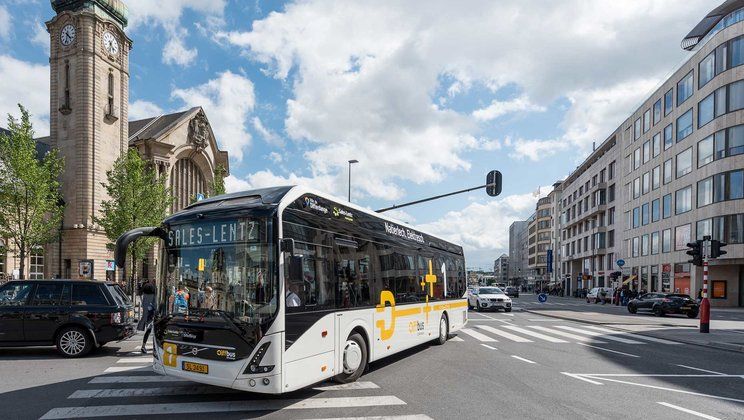
Italy, back to diesel powertrains
In Italy, the draft version of the DL Rilancio, concerning the measures to support the national economy, including public transport, contains an article saying that «in order to encourage the development of investment and a rapid and effective pursuit of the goals of fleets renewal», co-financing measures for the purchase of alternative drive buses will be applied to conventional vehicles as well until 31 december 2024, AUTOBUSWEB reports.
Before Covid19 crisis, the so called National strategic plan for sustainable mobility (Piano strategico nazionale della mobilità sostenibile) set apart some 3,7 billion euros in 15 years for co-financing the purchase of alternative drive buses only (i.e. electric, hybrid and CNG-powered vehicles). Now, as the sector is facing well known losses (the Italian public transport companies associazione ASSTRA calculates a minus of 200 million euros per month), priority have changed and, although we are still talking about a draft of the document, the intention of the government is to postpone the deadlines for energy transition in public transport.
BVG Berlin, e-bus project in discussion
The spread of Covid19, with related financial issues, could bring to a dead end (or to an halt) also BVG Berlin project of conversion of the fleet to electric buses. According to a study by Civity post-Coronavirus scenarios for German public transport released in early April, in the worst situation, «we expect a drop in trips of up to 50% by the end of 2023. As a consequence, we expect public transport companies to lose € 5 to 10 billion in net revenue by the end of 2023».
Berlin, a 90 electric bus order halted
A few weeks ago the last order for 90 electric buses (signed one year ago with Polish manufacturer Solaris) was rejected, the Berliner Morgenpost reported last week, due again to the opposition of the employee representatives Verdi. But financial issues related to Covid19 outbreak could strenghten the trade union’s position, as BVG is currently calculating a minus of around 150 million euros for 2020. And the upcoming transport contract is under negotiation. The cost of the transition to electric buses is calculated to be of some 530 million euros in the next 15 years.
Transport Senator, ahead with the electric bus order
Anyhow, the Berliner Morgenpost also interviewed Regine Günther, Senator for the Environment, Transport and Climate Protection, who on this topic commented: «If we really take climate protection seriously, we cannot continue to rely on diesel engines. (…) The later we start to switch to electric buses, the more serious the consequences will be. There are no excuses. That is why the climate-damaging diesel engines should be replaced as soon as possible. (…) It is also important that we overcome the current crisis by promoting sustainable innovations. In this way we will also make our economy more competitive again».
Post-Covid19, electric bus project to win back users’ trust
Anyhow, future-oriented strategy could help public transport to win back users’ trust. An example of this come from UITP’s paper “The impact of electric buses on urban life“, released in summer 2019 (quoted also by Transport & Environment among a list of ‘Four proven strategies to end lockdown without air pollution coming back’). Well, UITP paper mentioned a survey held in Paris, where «92% of RATP (Paris) users riding on electric buses think it will contribute to better air quality and 93% of them say it enhances the images of the operator and shows that the operator cares for its customers». And this will be fundamental to keep public transport (and city mobility) efficient.


